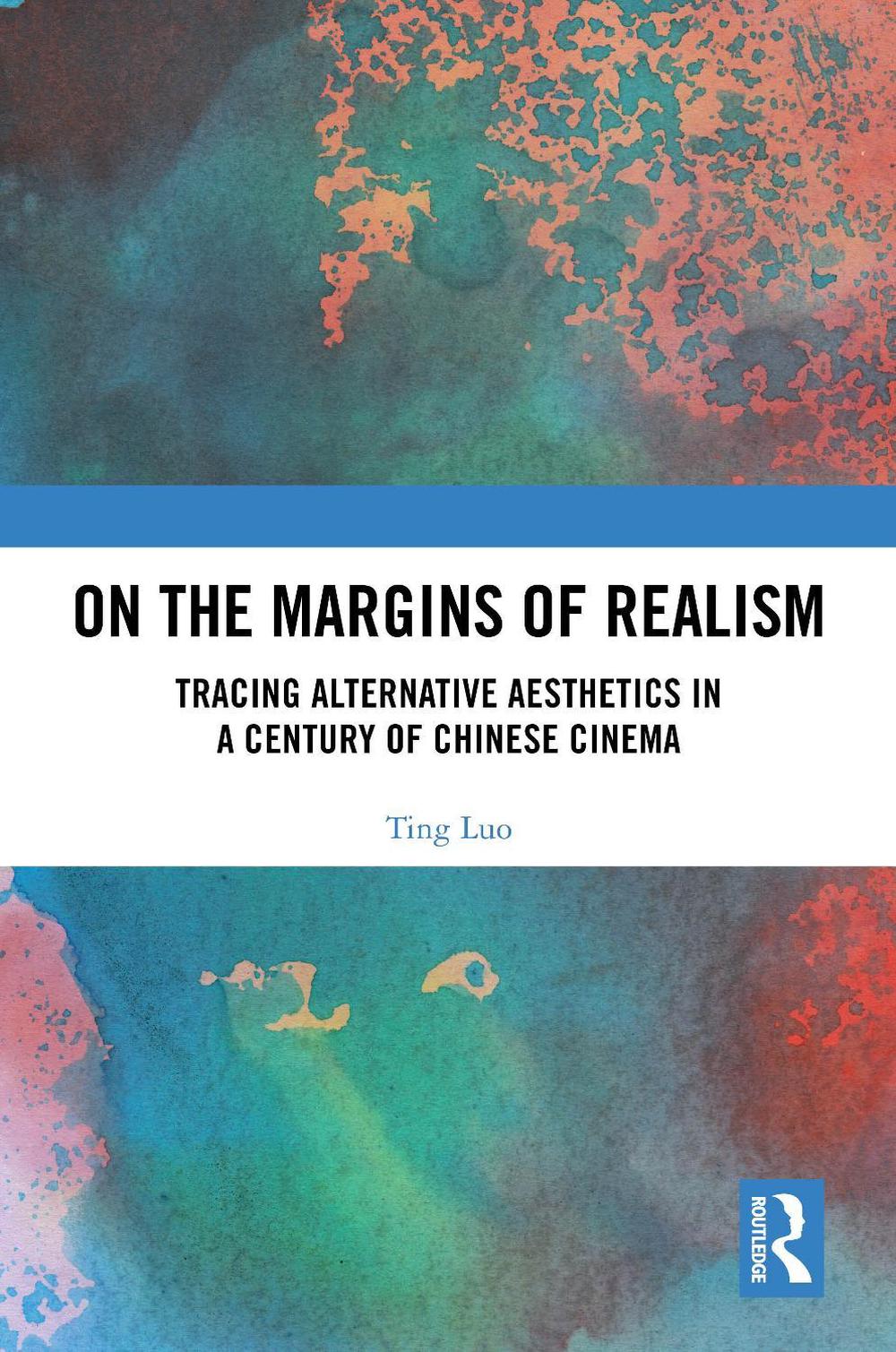
On the Margins of Realism
tracing alternative aesthetics in a century of chinese cinema
$338.45
- Hardcover
186 pages
- Release Date
31 March 2025
Summary
Shadows of Modernity: Reimagining Realism in Chinese Cinema
Realism holds a privileged position in Chinese film history, often seen as the aesthetic reflection of China’s modernization. However, this book challenges the dominant narrative by illuminating the persistent presence of alternative aesthetics throughout Chinese cinema’s evolution, from its silent beginnings to the present day.
These alternative aesthetics are deeply rooted in yingxi (影戲), the indigenous C…
Book Details
| ISBN-13: | 9781032815718 |
|---|---|
| ISBN-10: | 103281571X |
| Author: | Ting Luo |
| Publisher: | Taylor & Francis Ltd |
| Imprint: | Routledge |
| Format: | Hardcover |
| Number of Pages: | 186 |
| Release Date: | 31 March 2025 |
| Weight: | 520g |
| Dimensions: | 234mm x 156mm |
You Can Find This Book In
About The Author
Ting Luo
Ting Luo is an assistant professor in the College of Media and International Culture and a research fellow at the Center for Digital Communication Studies, Zhejiang University. She holds a PhD from the University of Auckland. Her research interests include Chinese film, Asian cinema, and media studies.
Returns
This item is eligible for free returns within 30 days of delivery. See our returns policy for further details.




